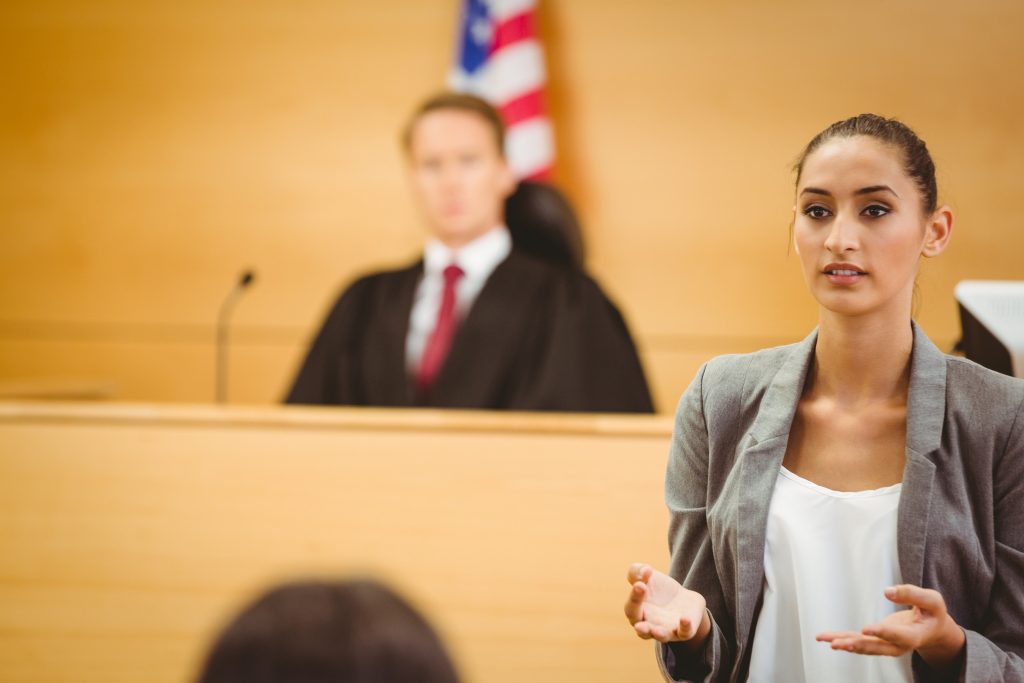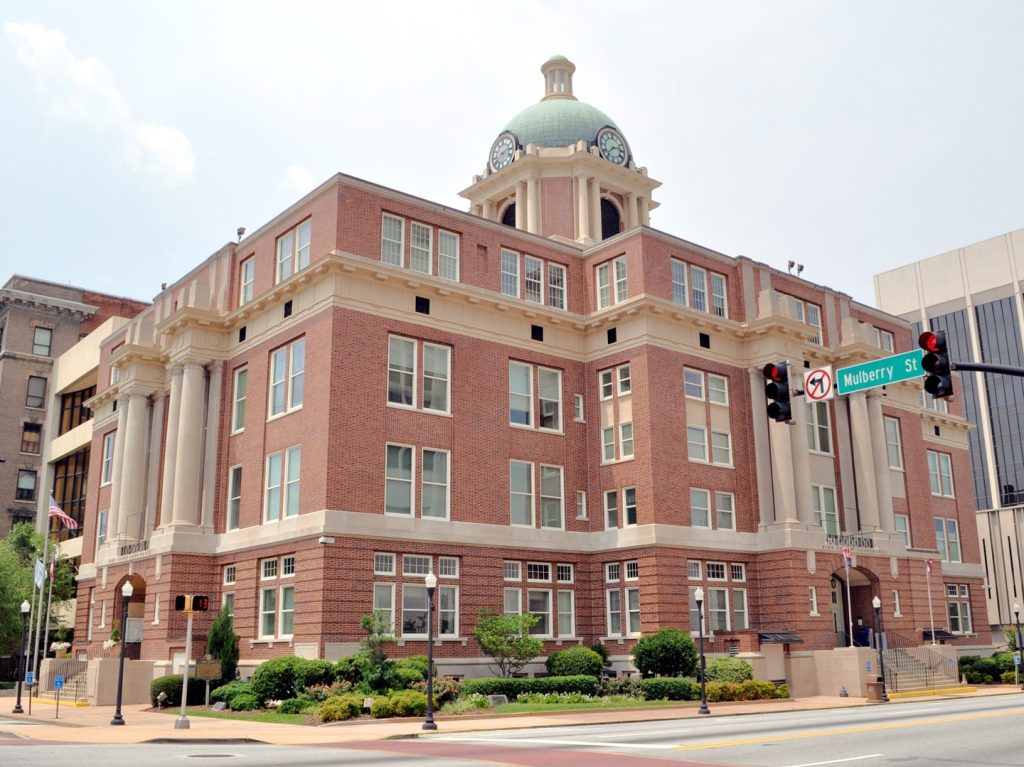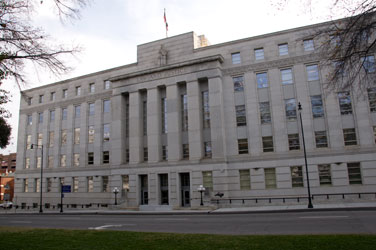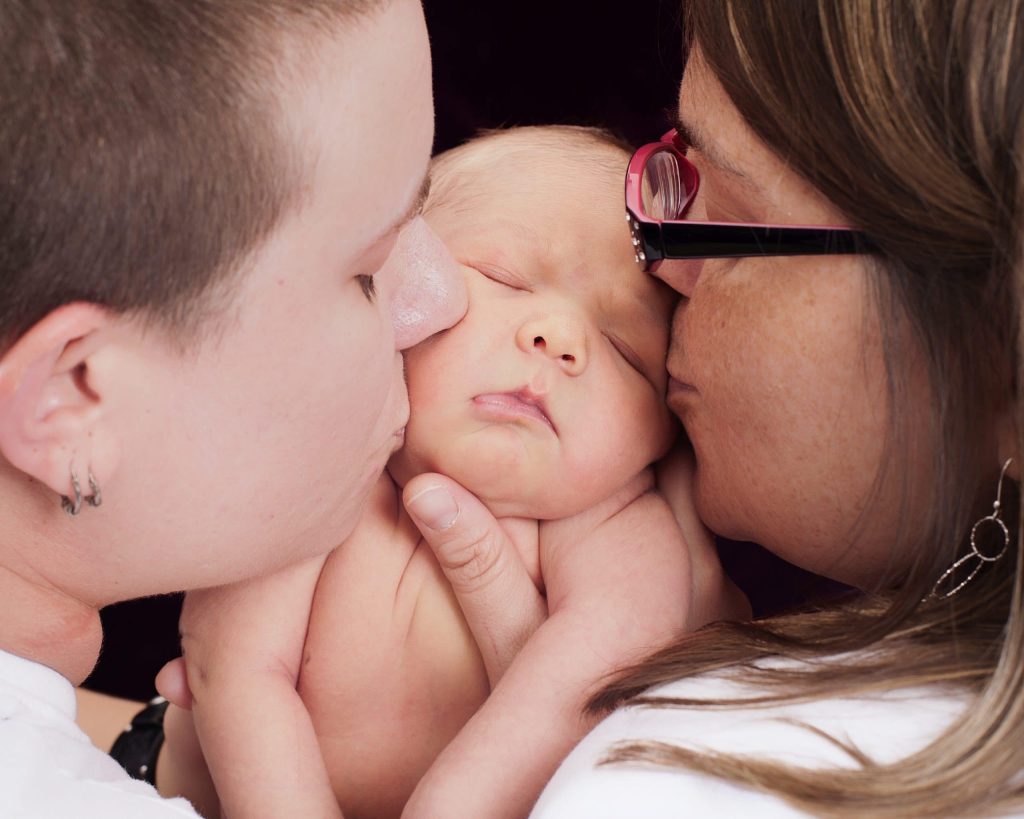Irrevocable Trust Might Still be Terminated by Beneficiary

Might an irrevocable trust become revocable? That was the question faced by a South Dakota probate judge and, more recently, the state’s Supreme Court. It turns out that the trust’s beneficiary may be able to insist on termination of an irrevocable trust. A South Dakota story Mary Novotny, a widow living near the Nebraska border, […]
Court-Appointed Attorney Must Advocate for Client

Guardianship and conservatorship proceedings can be personally devastating to the proposed ward. The process can result in loss of dignity, autonomy and freedom. The subject of the proceedings should have legal advice; if they don’t already have a lawyer, a court-appointed attorney should be available. That issue loomed large in a recent Iowa Court of […]
Lawyer’s False Guardian Reports Lead to Bar Discipline
A court-appointed guardian has a variety of responsibilities. One administrative duty: most states require the filing of guardian reports, typically once a year. Those guardian reports alert the court to any changes. They also address whether the guardianship continues to be appropriate. Who and what must be reported Arizona, for instance, provides a report form […]
Contestants Seek Declaratory Judgment on No-Contest Clause

It is hardly uncommon for family members to disagree about the validity or meaning of a will. Even when they disagree, though, few people actually go to the trouble and expense to file a formal contest. A recent will contest case in Georgia provided a different wrinkle that invites further explanation: the will contests filed […]
North Carolina Court Reviews Special Needs Trust’s Purpose

When someone creates a trust — any trust — they have some purpose or goal. What is a special needs trust’s purpose? That seemingly simple question is the focus of a recent North Carolina case. Indeed, four different levels of that state’s courts seem to have trouble coming up with a straightforward answer. The guardianship […]
Common Law Marriage May Be Valid in Another State

We have written several times about common law marriage. It is a topic that generates lots of confusion and discussion. Despite the fact that most states do not recognize common law marriages, the problems continue to crop up. That happens even in the states that do not authorize their own citizens to enter into such […]
Parentage, and the Late Artist (Formerly) Known as Prince

We wrote last week about the law of parentage, and how Arizona law is evolving in the modern world. Other jurisdictions, and other problems, address related issues. Surprisingly, perhaps, the probate of Prince’s estate sheds light on some of those problems. Prince’s family history As any rock fan of rock music or popular culture knows, […]
Law of Parentage Explored in Arizona Supreme Court Case

When a married woman in Arizona gives birth, her husband is presumed to be the father. The father’s parentage is subject to challenge by, for example, genetic testing — but the presumption is strong. That law is well established, and is similar to laws in most (if not all) of the other American jurisdictions. Arizona’s […]
Estate and Gift Tax Thresholds Set to Increase for 2018

Near the end of each year (usually in October) the Internal Revenue Service updates a number of inflation-adjusted income, estate and gift tax figures for the upcoming year. Well before the official figures are released, though, some private groups usually can predict the next years’ changes. We already know the estate and gift tax thresholds […]
Missing Will Discovered Three Years Later, Denied Probate

After someone’s death, what happens when no one can find a will? Their estate usually passes according to the law of “intestate succession.” That means the state’s legislature has effectively written a will for the decedent. What, if anything, can be done about a missing will? Of course, a missing will might indicate that the […]


